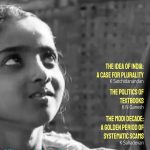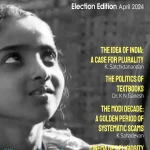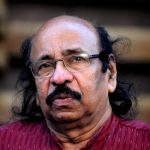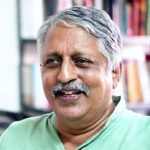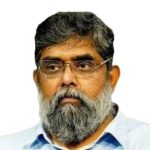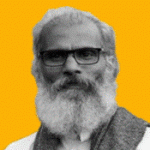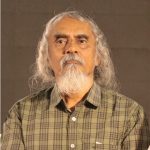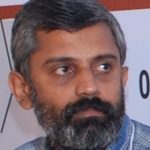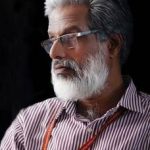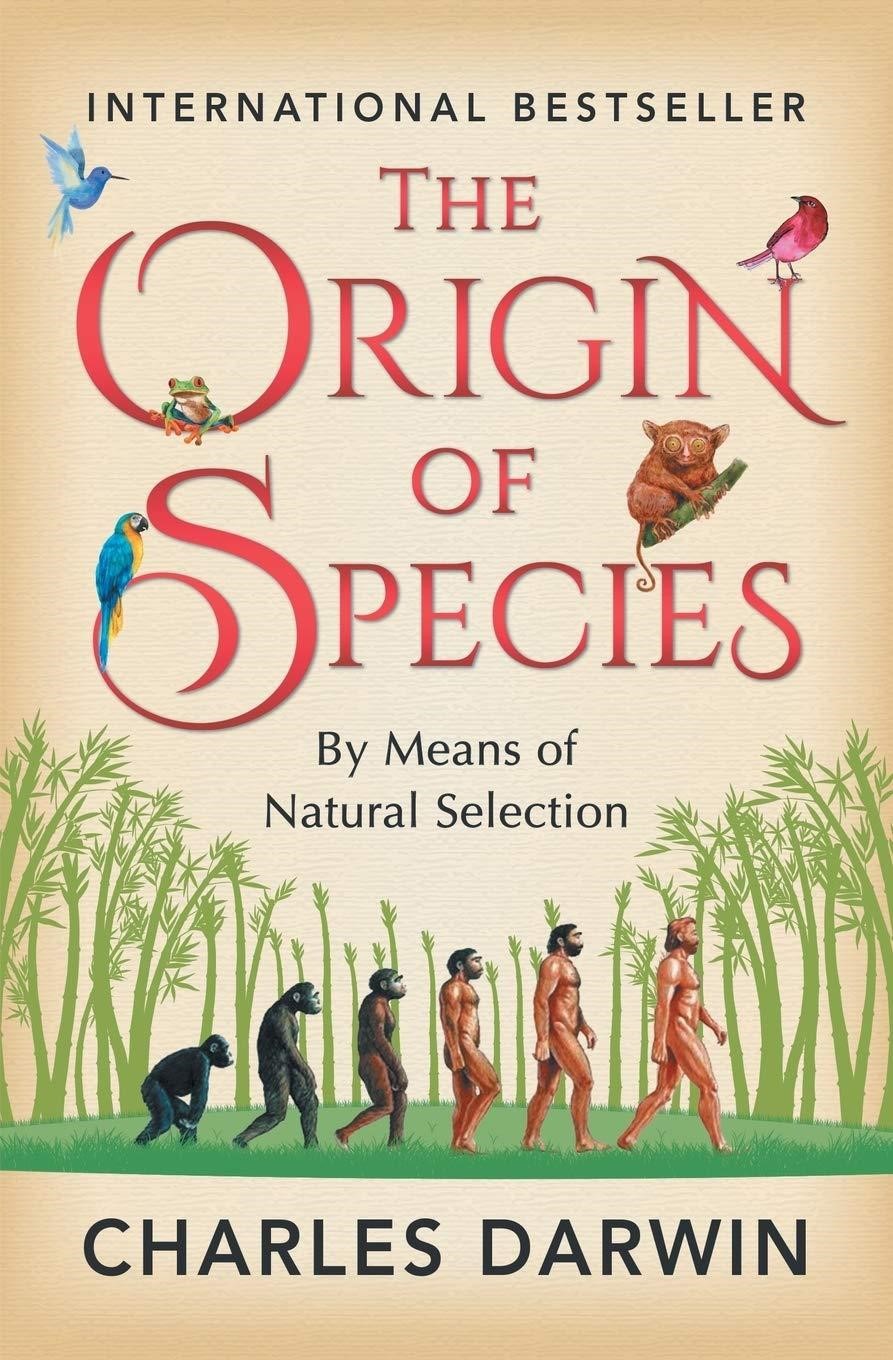
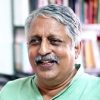
K N Ganesh
Please click here to read in Malayalam
NCERT school textbooks are being rewritten based on instructions from the Modi government and this has already generated a lot of debate. Apart from social science textbooks, the NCERT has also decided to make changes in the science textbooks. The concept of Dashavathara is to be included in place of evolution theory and Panchakosha theory as the foundation of science. There are indications that the textbooks will be released soon.
While we resist such wholesale degradation, it will be useful to understand the evolution of textbooks and why not only the RSS, but all caste and religious forces are criticising the textbooks. The move to withdraw history textbooks prepared by the NCERT in 1978–79 triggered such controversies then. The main allegation at that time was that it was belittling Indian culture and distorting the freedom struggle. There was also criticism that the supernatural was overemphasized. Again, during the Vajpayee government in 1999, textbooks were rewritten according to the RSS’s concept of history. Subsequently, when the UPA government came to power, these were changed and restored to the earlier pattern. However, now these are again being rewritten as per the NEP 2020.
Why are textbooks being rewritten as the regime changes? Even in Kerala, textbooks prepared during the tenure of the previous government have been withdrawn by the subsequent government. Some lessons were reviewed and replaced by a special commission due to specific agitations. It should be noted that, normally, there are no concerns raised when such topics are presented in an ordinary book. However, there is a major hue and cry if these make their way into the textbooks. How did we get to this situation where textbooks are seen as a holy cow? Of these, social science textbooks are the most criticized. Even those who are not interested in studying sociology as a formal subject come forward with textbook criticism. Why is that so?
The growth of textbooks
In the earlier days, there were no formal textbooks. The approach followed was to select any book that would help in children’s learning and teaching. Formal textbooks were introduced in modern schools. Initially, there was a practice of getting the textbooks written by senior teachers.
“Moreover, by depriving the children of the information required for the analysis of a topic, they are being impoverished of their capacity to produce knowledge. It is an anti-education and anti-knowledge measure.”
In the first phase, social subjects were taught as part of developing a sense of civics. At that time, it was feudal governments like Travancore and the British colonial government that decided what the civic dharma was. The instructions and education were, therefore, according to the moral values established by such hegemonies. This pattern of lessons and teaching entered language teaching as well. Overall, all the subjects were organised based on such understandings.
In the first decades of independent India, there was no significant change in colonial textbooks. The change in textbooks took place after NCERT was established in 1964. The nature of textbooks as only a source of information continued. However, according to the nature of the new regime, elements such as secularism, democracy, and social justice were incorporated, and accordingly, the content of sociological subjects, including history was recreated. Developments in science and technology and the scientific temper brought about changes not only in science education but in the process of education itself.
This newfound understanding prompted changes in the textbooks and at the same time, drew criticism from the RSS. The textbooks written by historians at JNU were in line with the concept of secular democracy and included the latest learnings from the historical research of the time. The textbook on ancient India also provided preliminary indications of the method of studying history. This is what was interpreted as a Marxist historiography and came under intense criticism from the RSS.
Current textbook reforms
State policies have influenced the approach to textbook reforms in the past decades as well. The progress made in the technological fields brought about significant changes in education, especially science and technology education. However, the nature of education remained the same as that of information dissemination. More and more technological details were included in the syllabus and some of these were included at the school level itself. Along with this, a parallel stream of online education came up, which made it inevitable to make changes.
The policies of the state brought about changes in social consciousness. Following the ideologies of ‘inclusive education’ and “mainstreaming” pursued as part of the neo-liberal policies, lessons on the downtrodden and marginalized were included in the social sciences textbooks. Such lessons were included in history as well. There was also a suggestion in the curriculum framework that there could be local lessons on specific topics. The emphasis was placed on cultural studies. However, there was no change in the sociological outlook in the early stages. It followed the notion that sociology was a means of civic duty and the teaching of values.
The ideology of the Modi government is not based on secular democracy. They did not even use the word ‘secularism’ in the NEP2020 document. They use the word ‘nationalism’. It is not economic nationalism. It is cultural nationalism. Hindu culture is part of nationalism and politics. Cultural nationalism developed through the struggle against foreign domination. Foreigners include not only British but also Muslim rulers. Among those who fought against foreign domination were not only secularists but also religious leaders. The fight against foreign domination is portrayed as a struggle for the land of “Arsha-Bharata” and as a fight for Indian culture. Hence, it was projected that there is no need for children in India to learn the work of those who are not in tune with it. If we look at this argument even superficially, we can see that there is no basis for such an argument. The ancient Indian state structure had little influence on the modern Indian Constitution. Even Kautilya’s Arthashastra, India’s most important political treatise, does not influence the Indian state.
At the same time, the tax structure, judiciary, and regional structure of the Delhi Sultanate and the Mughal rulers still influence our forms of governance. Mughal art and culture have a great influence on any discussion of Indian culture. Without them, we cannot think of Indian culture. Similarly, a very rich national Muslim tradition will also have to be discussed. We cannot think of a cultural and political tradition without Ghalib, Akbar, Ilahabadi, Firak Gorakhpuri, MF Husain, Maulana Azad, and Abdurahiman Sahib in Kerala. Therefore, it is necessary for Hindutva politics to avoid this tradition. The most effective approach is to exclude them from textbooks and thereby try to systematically erase this past from our consciousness.

Similarly, the freedom struggle was not a struggle for secular democracy for the ideologues of the RSS. It was a struggle for the liberation of Hindus. That is, the RSS violence against Muslims during the partition of India and Pakistan was also part of this liberation. When India attained independence, Mahatma Gandhi’s satyagraha in Noakhali was a gross betrayal so Godse’s feelings against the Mahatma should be understood, and hence, they see no need for a text that portrays Godse as Gandhi’s murderer. Children should not know that the RSS was a banned organisation. It is by the same logic that Hindutva activists like Savarkar are included and Muslim nationalists, including Maulana Azad, are excluded.
To explain Indian culture, there is an attempt to distort even the basic Indian tradition. For example, deciding not to teach evolution, which is one of the important concepts in modern science. Interestingly, the Indian tradition is not against evolution. The earliest forms of the concept of evolution can be found in the Upanishads and numerology. Indian philosophies do not talk about creationism or intellectual constructivism, which are presented as opposed to evolution elsewhere. Therefore, it has now been suggested that Dasavatara Siddhanta, which is part of the Vaishnava tradition, should be taught. This is not only unscientific but sheer nonsense. Creationists question natural selection, which is a core aspect of evolutionism. Dasavataram does not advance any philosophical principles. It is only a series of miracles by Vishnu.
Such dichotomies can be seen everywhere. What is the logic in arguing that the Panchakosha theory, which is only one of the cosmological theories in the Upanishads, should be included in all textbooks? This theory is not even generally accepted in philosophical texts. Vedic mathematics is the set of sutras that explain the criteria for directing the Parnashala and Homakunda to perform ancient yajnas. It can be learned without a Vedic label. Then why are these being forcefully included in the curriculum? There is nothing wrong with offering a course on the development of Indian mathematics to interested students. But none of this should be imposed on the school mathematics syllabus. Why was the periodic table of elements created by Mendeleev omitted? Is it because the Panchabhuta theory is more scientific than that? This kind of nonsense puts our thoughts back two millennia.
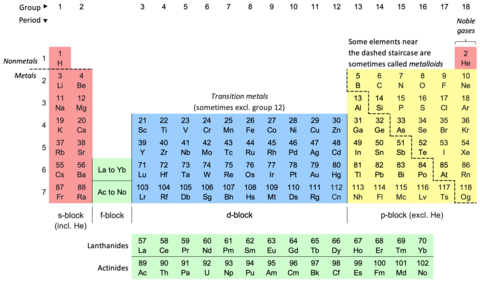
What is to be done?
One thing is clear: The Modi government’s attack on textbooks is part of its Hindutva governance policies. According to their conception, it is part of creating future citizens who are rooted in Hindutva ideology. Their national consciousness, cultural nationalism, and the concept of social justice are based on Chaturvarnya. They have a concept of justice based on these. The foundation of this is the Hindu Dharma Samhita. They aim to have a scientific and technological pedagogy that matches all of these. Sociology is just a sub-component of this cultural pedagogy.
To counter this, it can be argued that secular democratic education should be brought back. But one thing to be remembered here is that secular democratic education was not completely liberated from the colonial shackles that bound it. The social sciences, including history, were only teaching civic virtue and values. Barring a few universities, advances in social science in public education in India have not received the recognition they deserve. The study of sociology was never conceived in such a way that it would be possible to produce the resources necessary for social progress in a region with such a complex social structure and cultural diversity as India. In the context of India’s economic development, only economics has received some encouragement. All the others became part of colonial value education. In the face of this, the study of sociology and history in India, at least on a limited scale, has developed. However, there was no move to accommodate its contributions or to include the methodology of social studies in the syllabus.
As of today, we do not need a curriculum that is seen as merely a collection of information or treated as part of any code of moral values. If our goal is to have a knowledge community, then what we need is an education program that introduces children from the very beginning to the methodology to gather this knowledge. What is important is to find them in concrete form and acquire the ability to produce the knowledge necessary for the survival and development of human beings. Acquiring ideas about civic duties and value systems should be a byproduct of such learning. This will facilitate the ability to change, if necessary, the understanding of civic virtues and values that do not match the new circumstances. This is an essential component of social progress. Any textbook must arrange the study materials methodologically in this way.
Methodological studies are critical studies. Naturally, criticism arises from the limitations of any statement. To identify the limitations, the information on which the statement is based must also be fully available, only then will the contents of the statement be separated, analysed, and criticized. The search for information is becoming part of the study. This is a factor that affects the study of science and the study of sociology alike. The students should acquire the ability to analyse and contradict any statements and make new ones. This is not a process of prescribing values. Values should be understood as part of the learning process. English translation. The purpose of production of textbooks should be to provide the materials required for this process. The textbooks should provide ways of collecting information rather than data. The democratization of the knowledge production process, ensuring religious, caste, and gender neutrality, and commitment to social justice should also be part of this inquiry.
One argument put forth for reducing the syllabus was that it was required to comply with the recommendations of the Child Rights Commission to reduce the weight of the textbooks. This is a silly argument. The weight of textbooks increased because they were viewed merely as sources of information and as the information to be included increased, the weight of textbooks also increased. The attempt to include all possible information is what led to this situation. There is a misconception even among progressive-minded people that the correct strategy is to include information about all sections of society and individuals in textbooks as part of inclusive education. Information is now available in many books and online media that can easily be accessed and hence the duty of textbooks should be to provide access to them most simply and conveniently and to open the doors for inquiry. Cutting down textbooks is an administrative and policy intervention and by doing that, a child’s learning will not be encouraged. Moreover, by depriving the children of the information required for the analysis of a topic, they are being impoverished of their capacity to produce knowledge. It is an anti-education and anti-knowledge measure. All these show that a rethinking is required from the people’s side on the politics of textbooks and ways to counter it.
K N Ganesh is a well-known historian, academician, and writer from Kerala. He holds a PhD from Jawaharlal Nehru University. He was the former head of the history department at Calicut University. In 1989, he was the editor of the Kerala Gazetteers. He was also instrumental in the work of the Kerala Education Commission. KN Ganesh was awarded the Kerala Sahitya Akademi Award In 2015.

